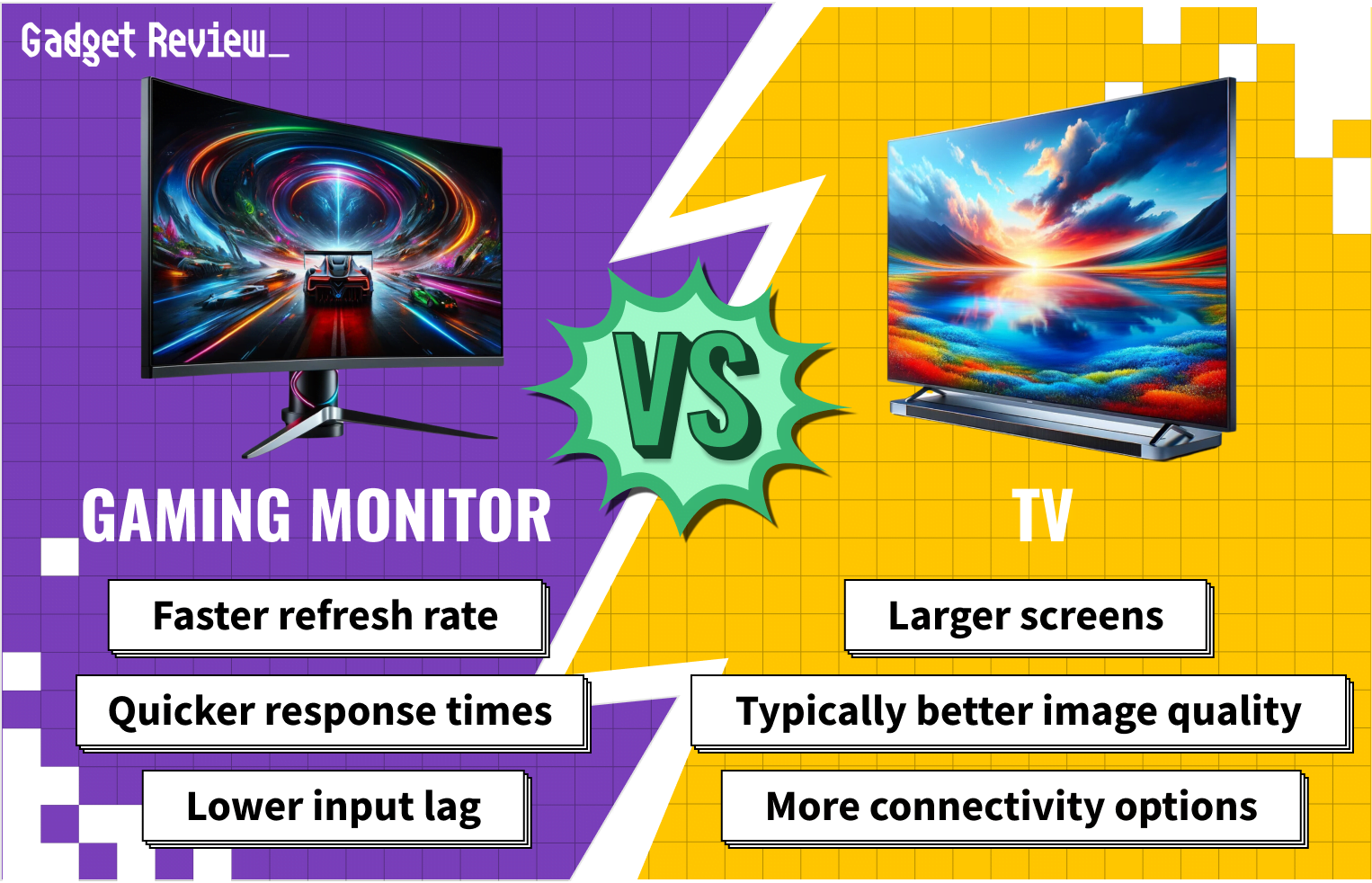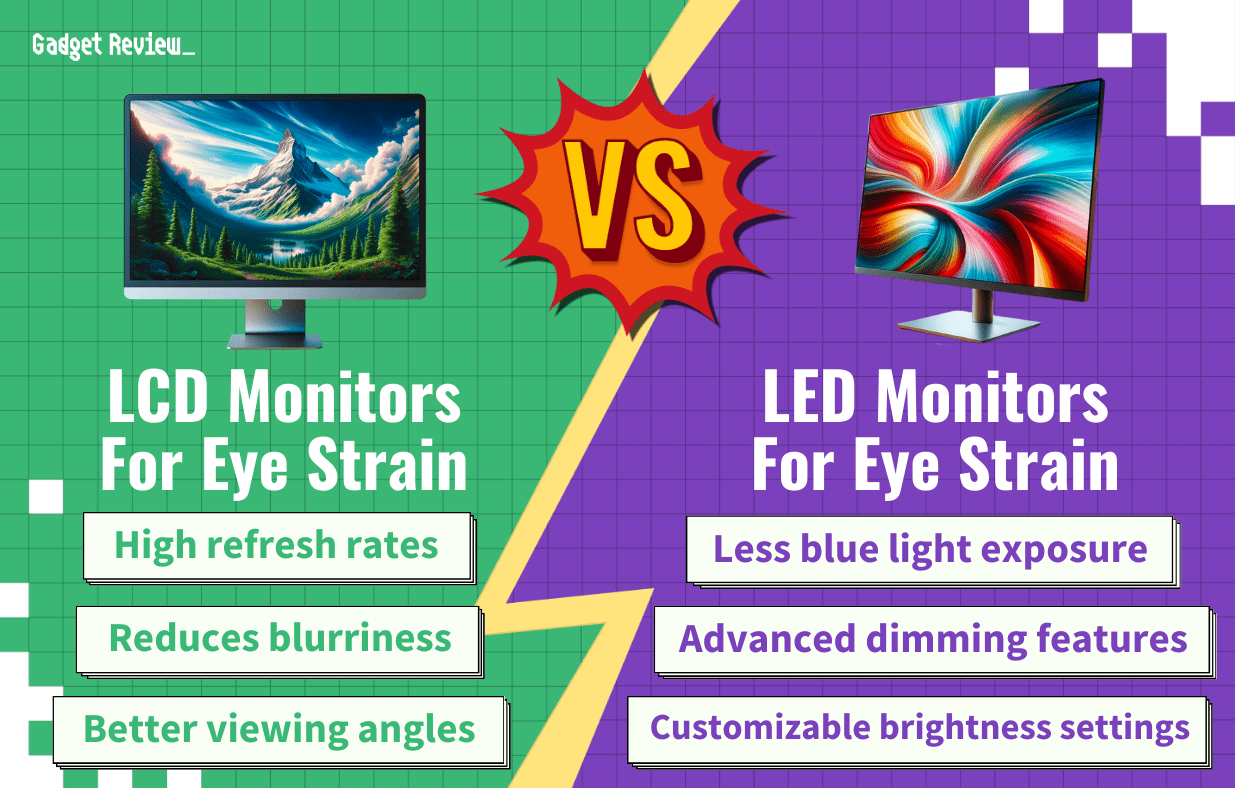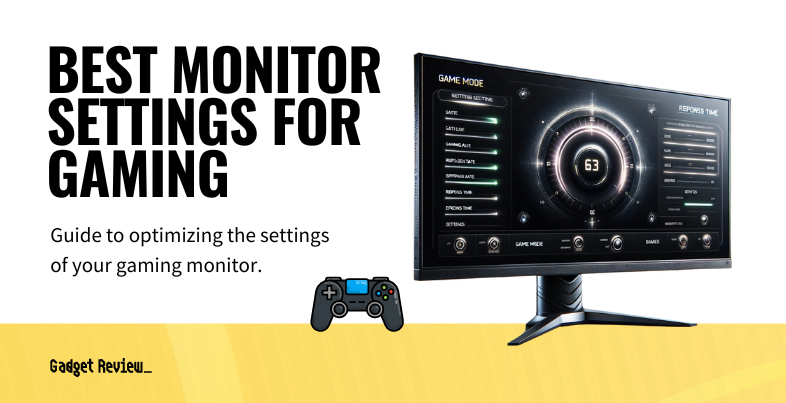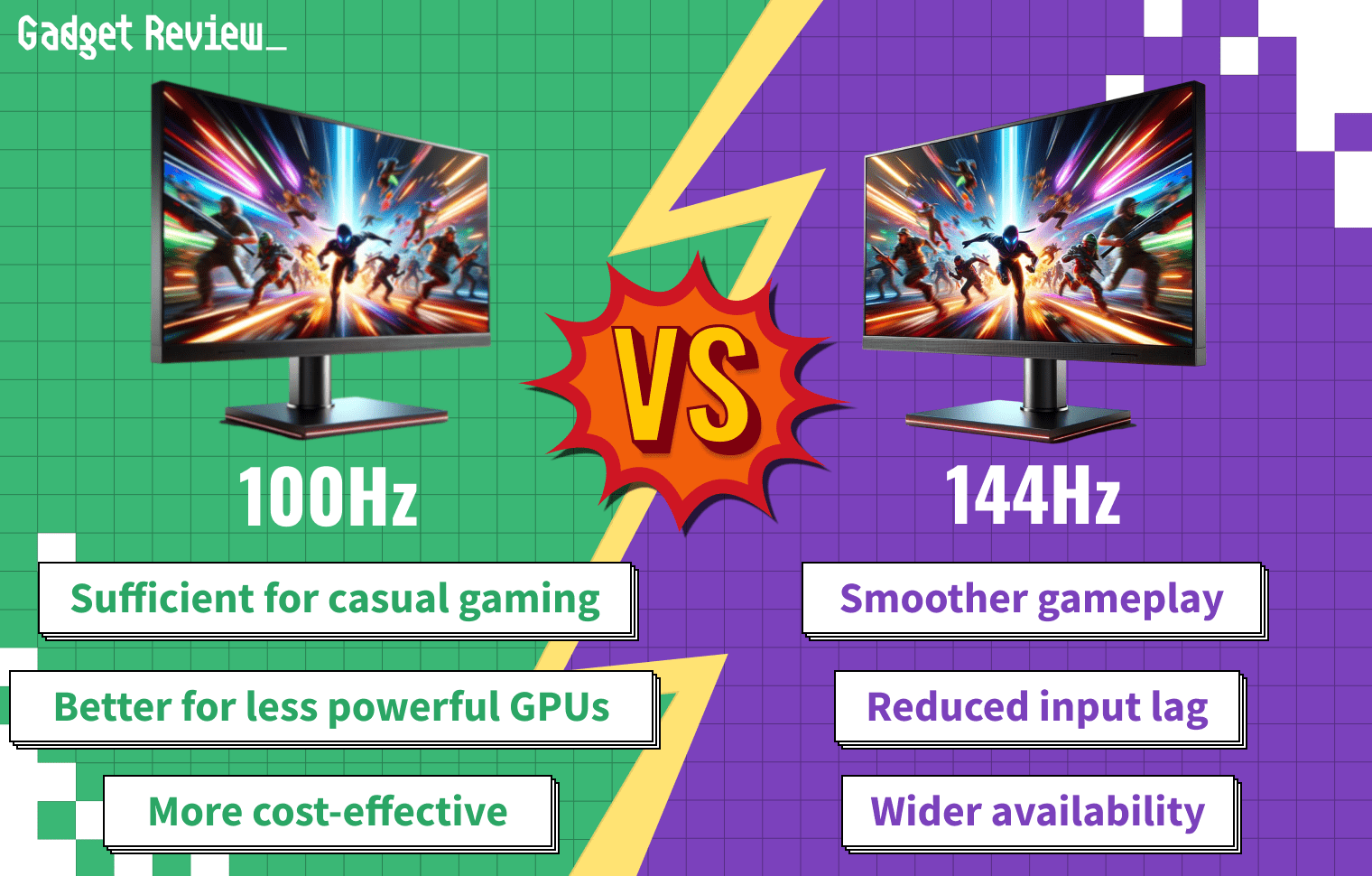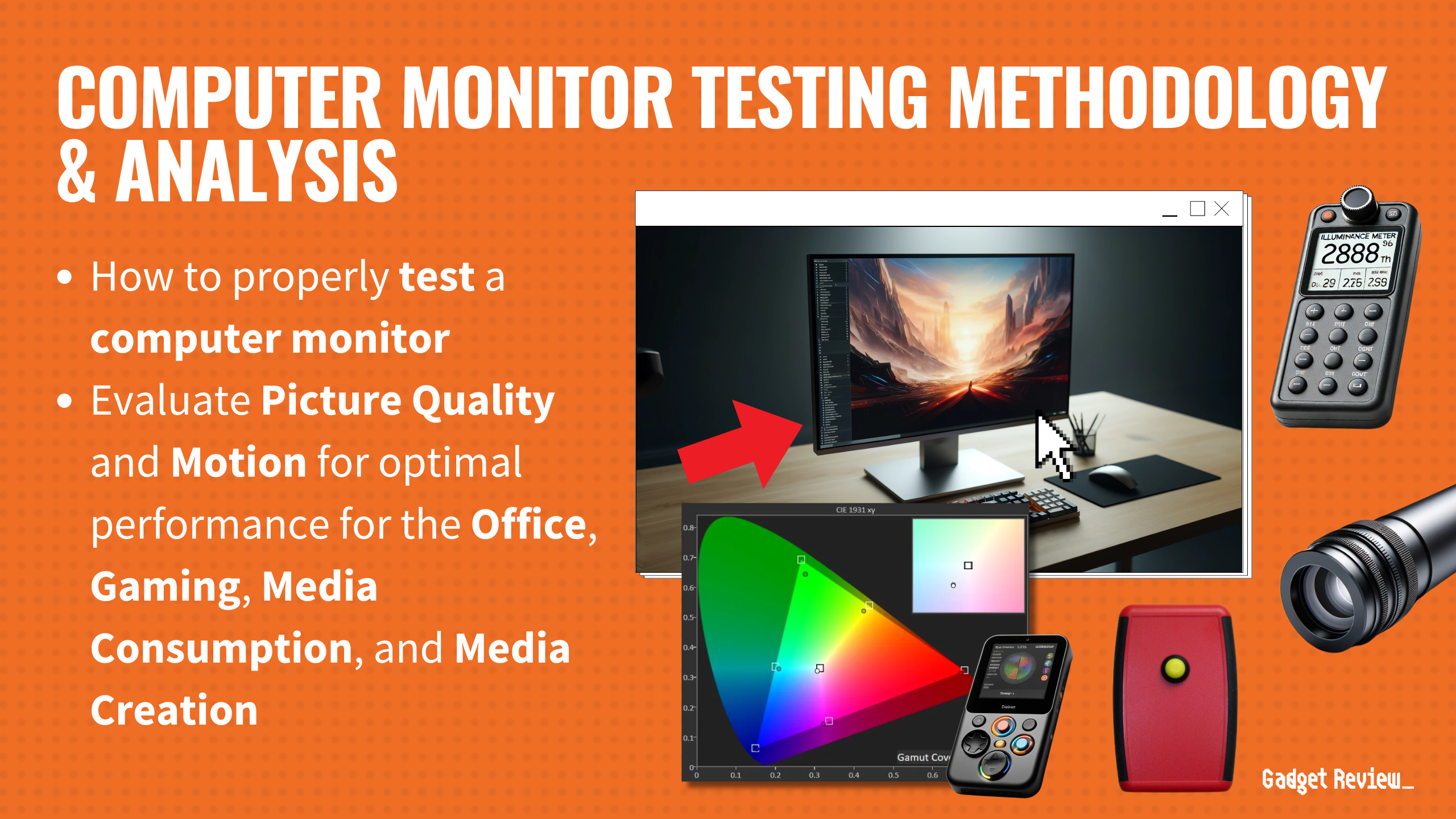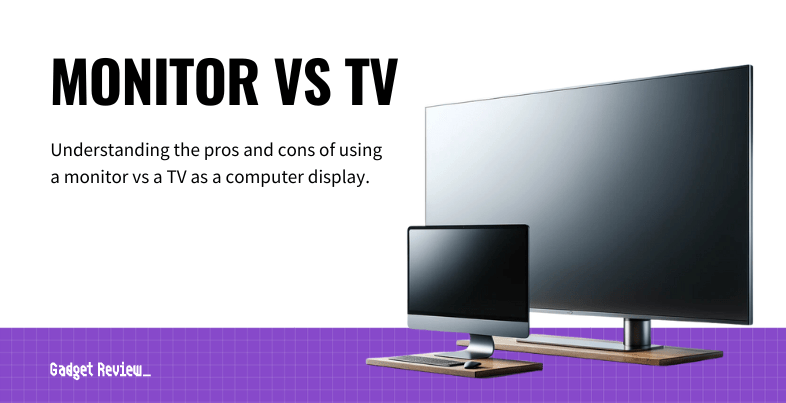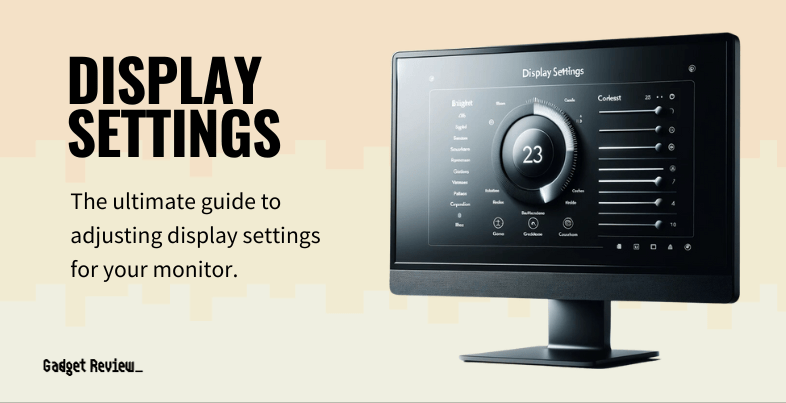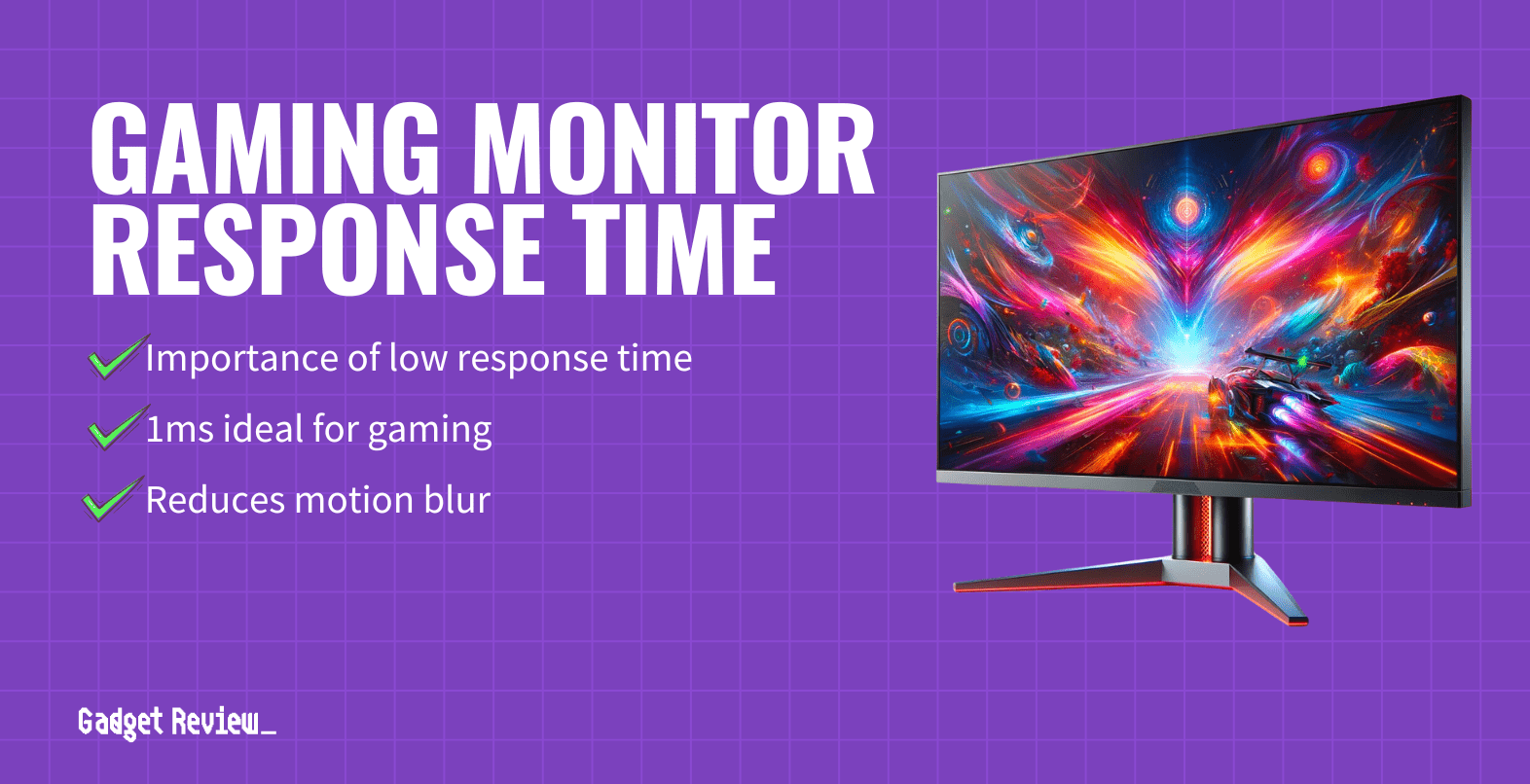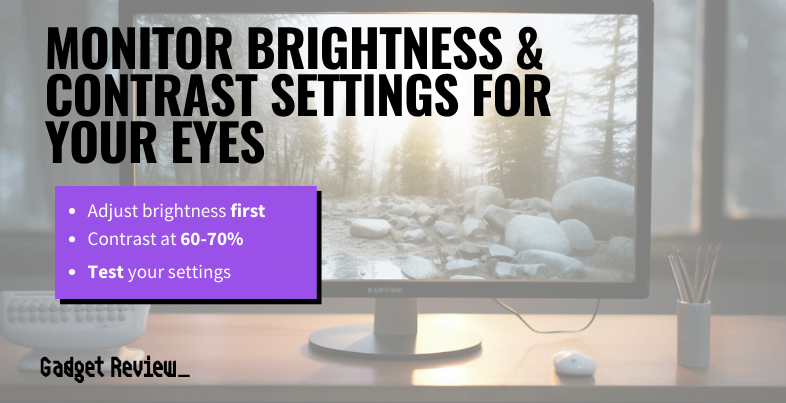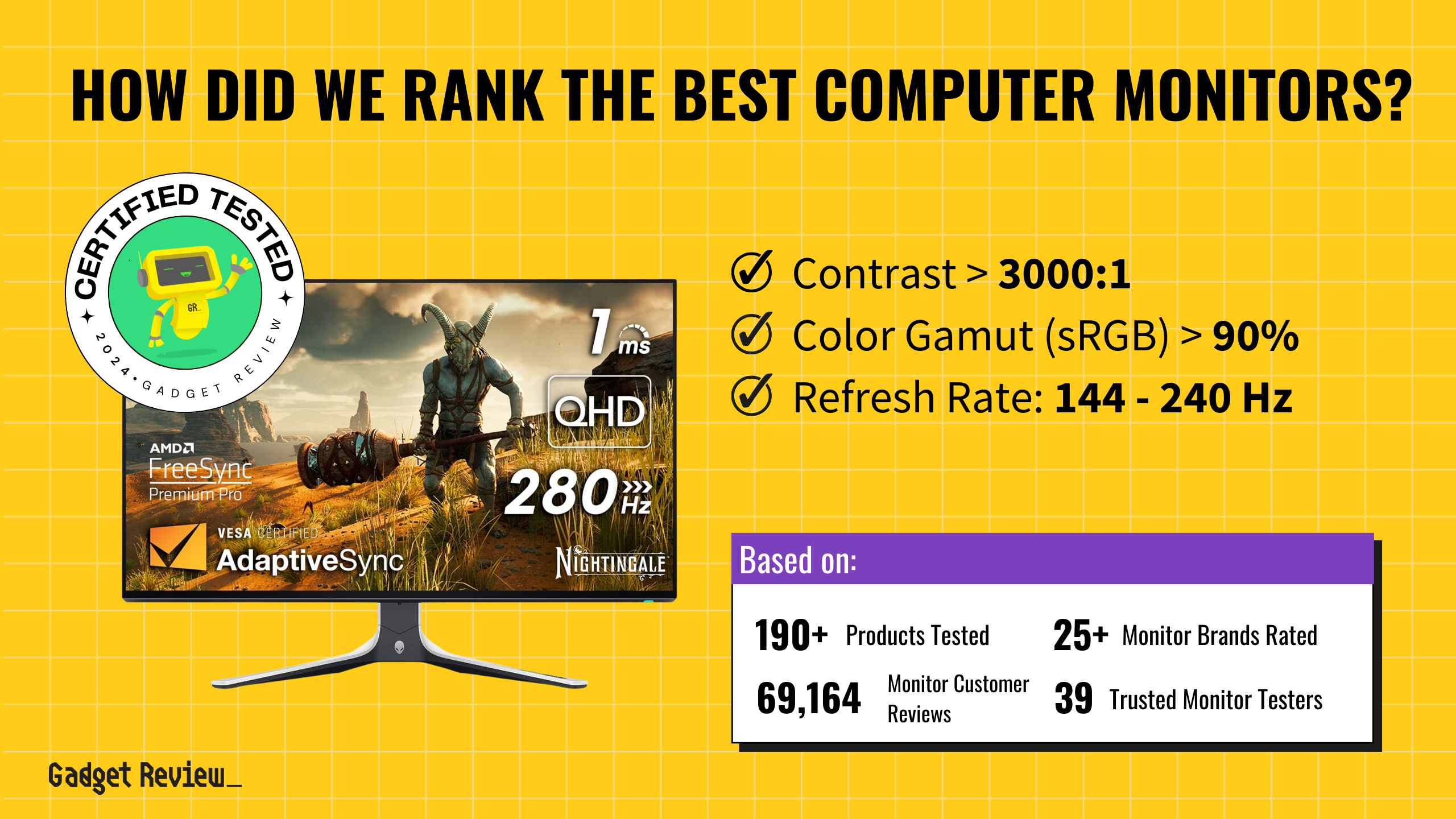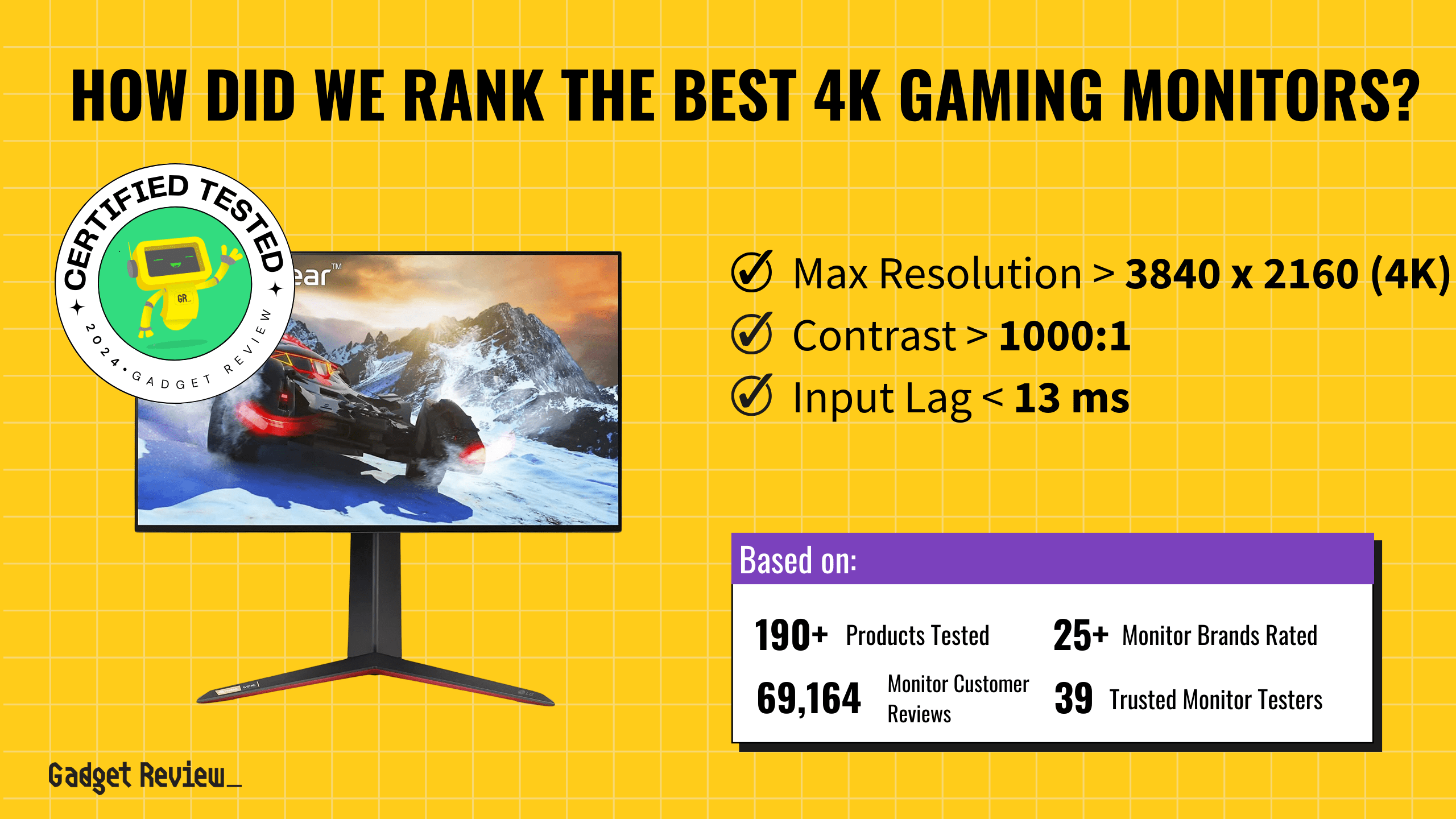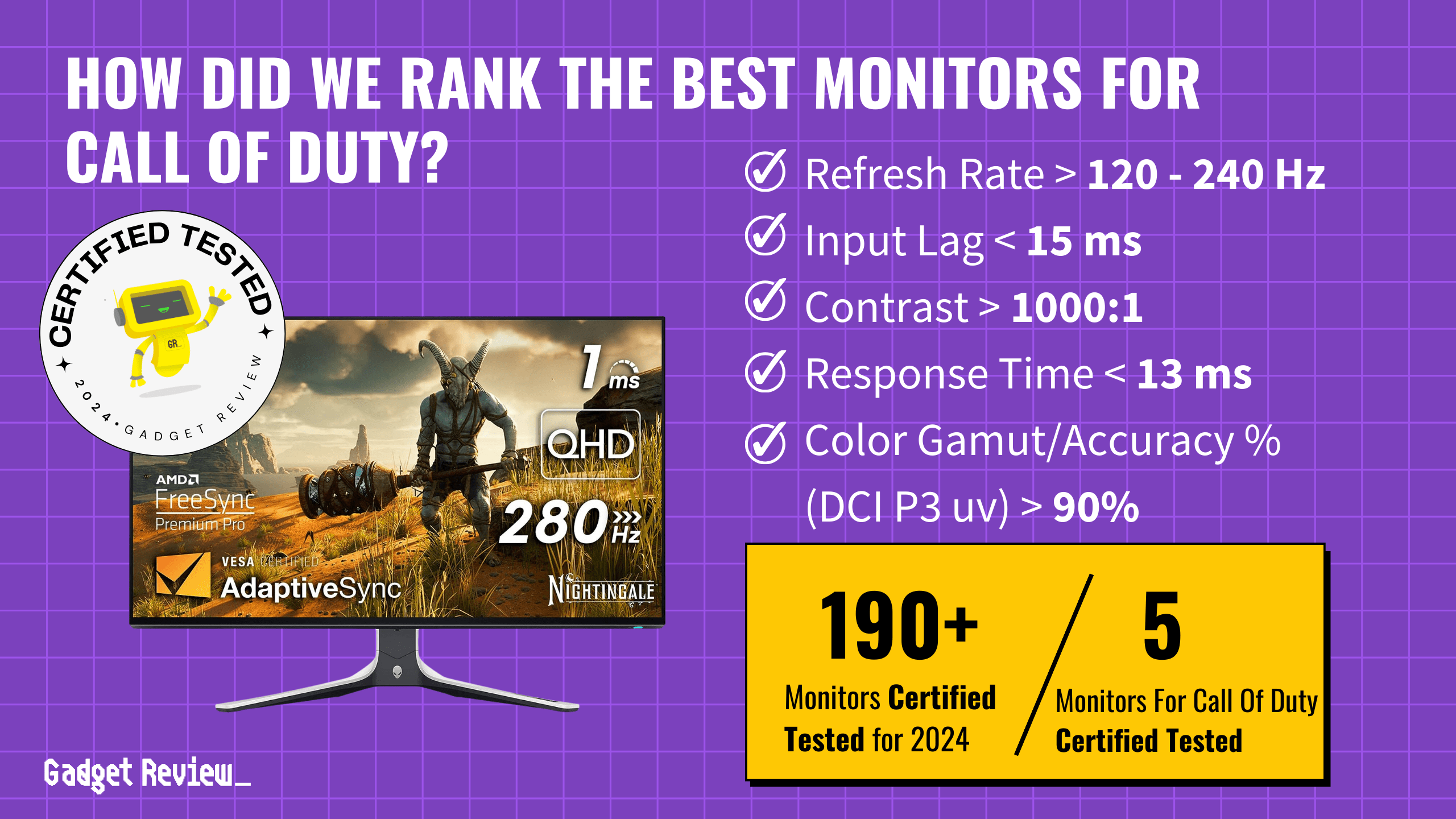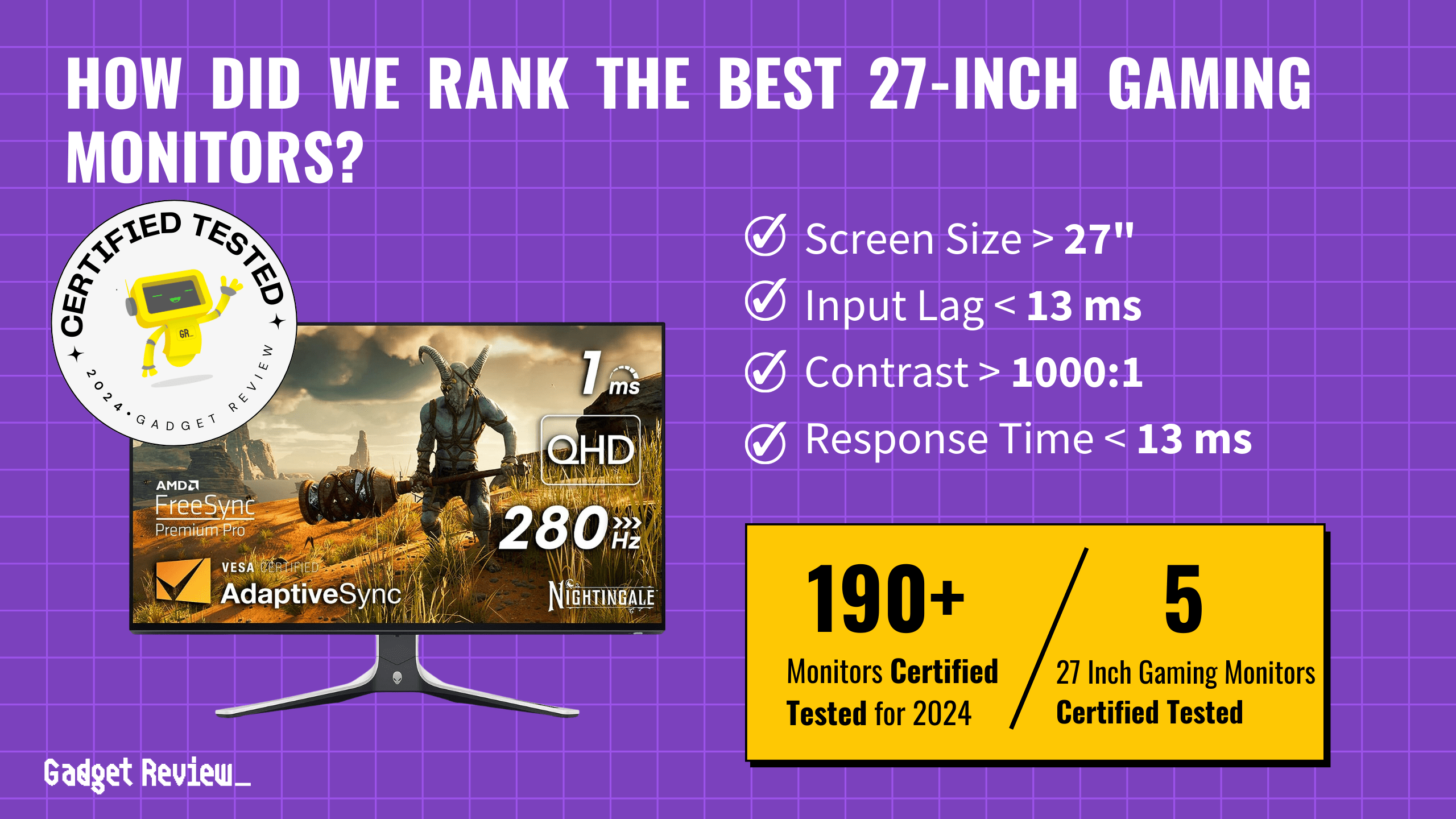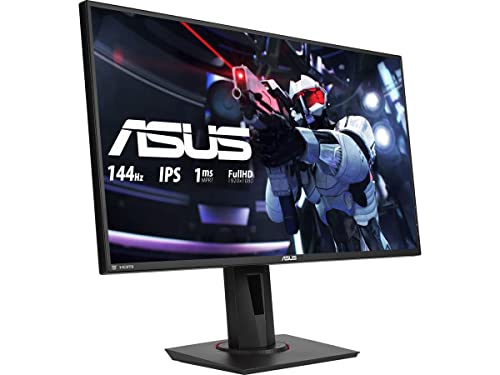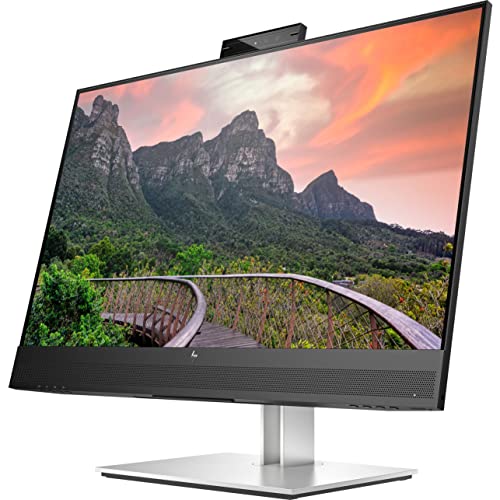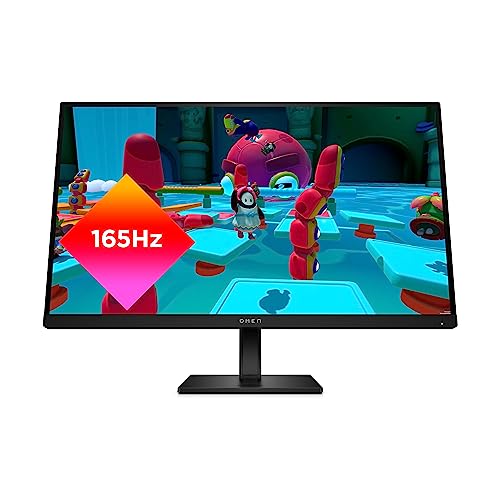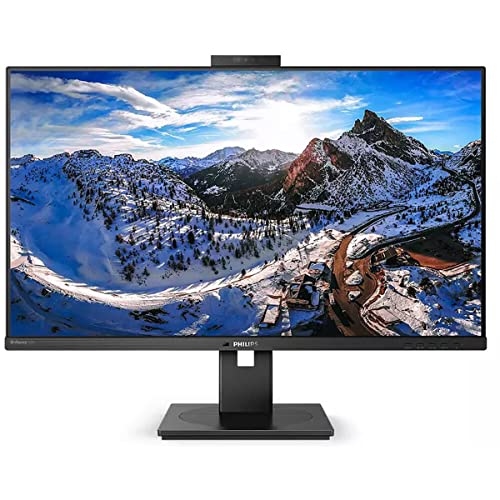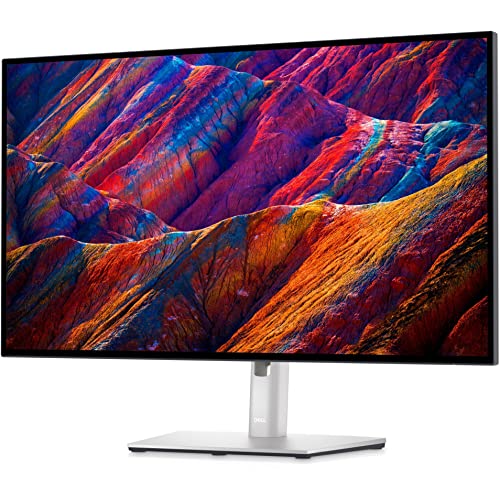In the realm of gaming, the choice between a gaming monitor and a TV is pivotal. This decision impacts image quality, gameplay, and overall gaming experience. Gamers today are spoiled for choice with a wide range of great gaming monitors and TVs, each boasting features like high refresh rates, stunning resolution, and advanced tech like HDMI 2.1. This article explores the nuances of gaming monitors vs. TVs, helping you understand which suits your gaming setup best.
Key Takeaways_
- Gaming monitors typically provide faster response times and higher refresh rates, making them ideal for competitive gaming.
- Gaming TVs offer larger screens and superior image quality, better suited for immersive, open-world games.
- The decision between a monitor and a TV depends on the type of games played, the gaming platform (PC or console), and personal preferences in gameplay style.
Comparing Gaming Monitors vs. TVs
When comparing gaming monitors and TVs, key differences emerge.
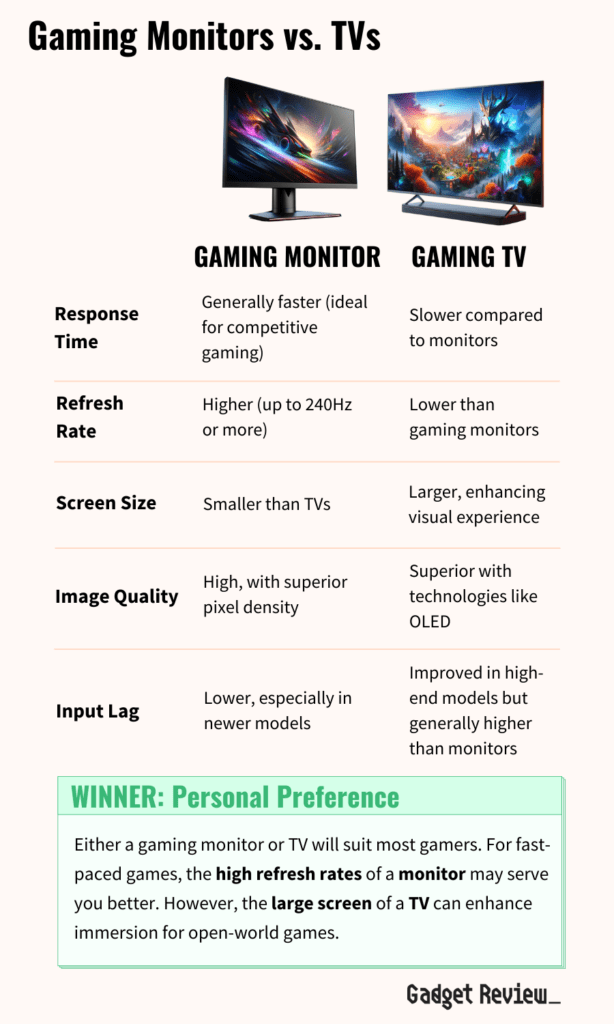
| Feature | Gaming Monitor | Gaming TV |
|---|---|---|
| Response Time | Generally faster (ideal for competitive gaming) | Slower compared to monitors |
| Refresh Rate | Higher (up to 240Hz or more) | Lower than gaming monitors |
| Screen Size | Smaller than TVs | Larger, enhancing visual experience |
| Image Quality | High, with superior pixel density | Superior with technologies like OLED |
| Input Lag | Lower, especially in newer models | Improved in high-end models but generally higher than monitors |
| Resolution | Ranges from 1080p to 4K | Often high, with 4K becoming standard |
| Adaptive Sync Technology | Common (e.g., Nvidia G-Sync, AMD FreeSync) | Less common but present in newer models |
| Ideal Use Case | Competitive and fast-paced games | Open-world games and immersive experiences |
| Connectivity | Focused on PC connectivity | Broader, including HDMI 2.1 for consoles |
| Viewing Experience | Curved monitors offer immersive gameplay | Larger screen size offers a more cinematic experience |
Monitors generally offer faster response times and higher refresh rates (up to 240Hz or more), which is beneficial for fast-paced games.
TVs, on the other hand, excel in screen size and image quality thanks to technologies like OLED.
Input lag, once a significant issue in TVs for gaming, has improved considerably, especially in high-end models.
The choice often boils down to the type of games you play and your personal preference for gameplay style.
For another comparison, check out our page on gaming monitors vs regular monitors. Additionally, we have a comparison of 1080p vs 4K gaming monitors if you haven’t decided on a resolution yet.
Understanding Gaming Monitors
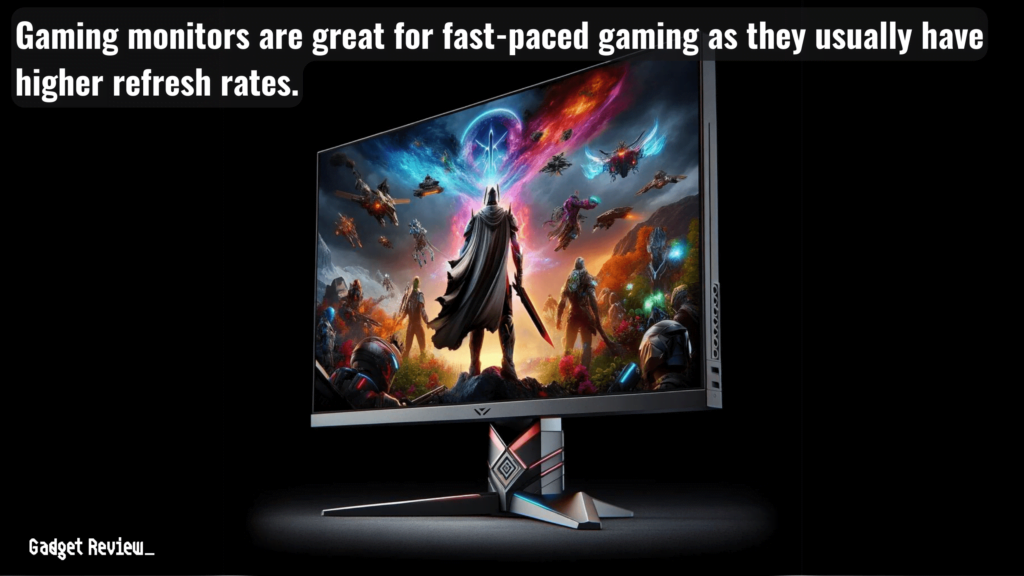
Gaming monitors offer advantages like faster response times and higher refresh rates, which are essential for competitive gaming.
With resolutions ranging from 1080p to 4K and features like variable refresh rate using Nvidia G-Sync or AMD FreeSync, they ensure smooth and responsive gameplay.
Monitors like the curved gaming monitor provide a wider viewing angle, enhancing the immersive gaming experience. The vast majority of gaming monitors also boast superior pixel density, crucial for games where every detail counts.
Exploring Gaming TVs
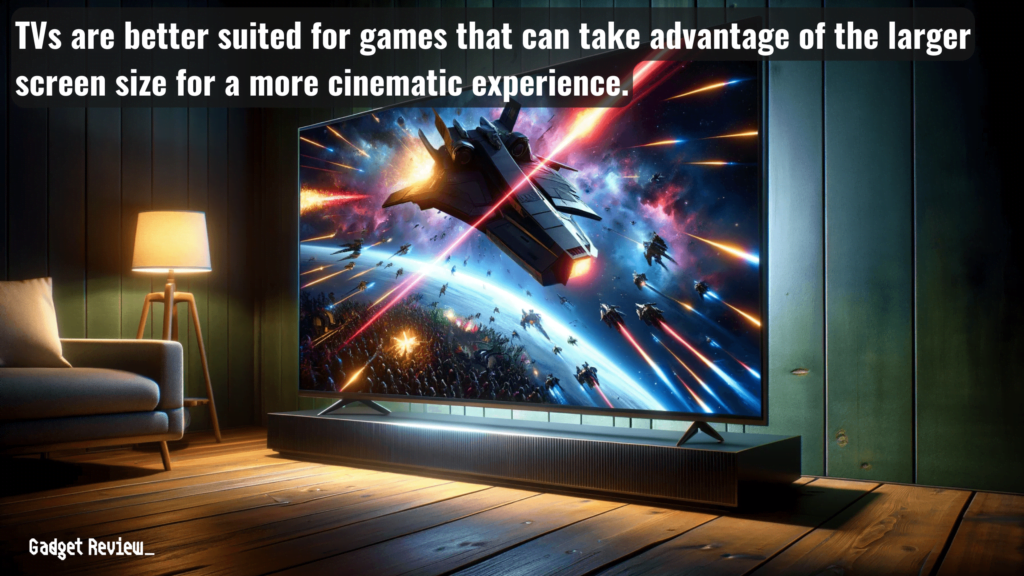
Gaming TVs have evolved, offering features once exclusive to monitors.
With technologies like OLEDs and HDMI 2.1, gaming TVs provide superior image quality and lower input lag.
The larger screen size of TVs enhances the visual aspect of gaming, making them ideal for open-world games.
High-end gaming TVs also support a wide range of colors and dynamic range, elevating the visual experience. However, they tend to have a slower response time compared to dedicated gaming monitors.
Use Cases
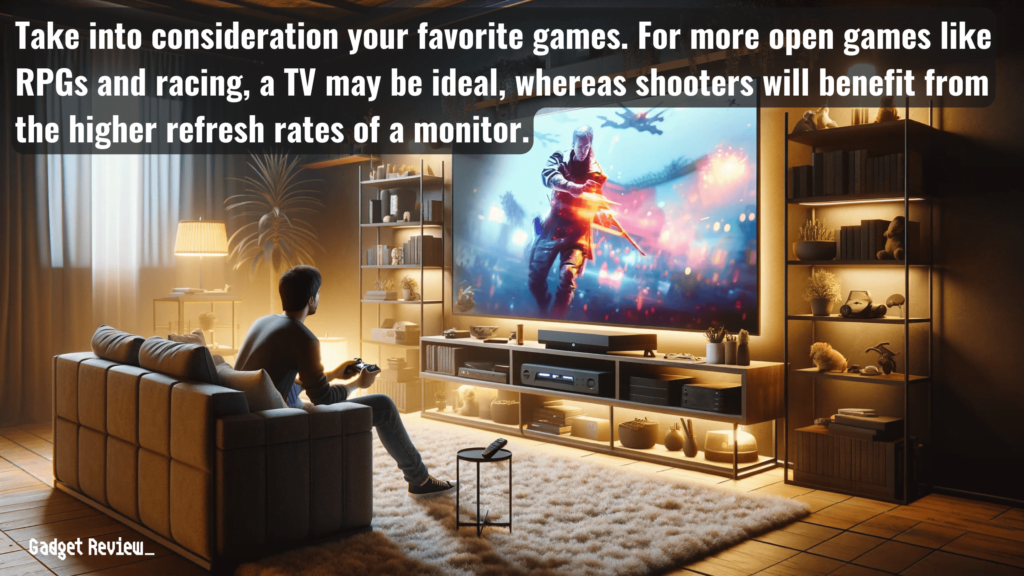
When choosing between a gaming monitor and a TV, consider factors like the type of games you play, your gaming setup, and the importance of features like refresh rate and response time.
For a balanced gaming experience, look for gaming monitor deals that offer a blend of speed and image quality or a gaming TV that balances size with performance.
For console gaming, a TV might be more suitable due to its larger screen and HDMI capabilities, enhancing the console gaming experience.
PC gamers might lean towards monitors for their faster response times and higher refresh rates, essential for competitive games.
The choice also varies for different game genres; racing games and open-world RPGs might benefit more from the vast display of a TV, while competitive FPS games would benefit from the precision of a gaming monitor.
Remember, the best choice is one that aligns with your gaming preferences and enhances your gaming sessions.
Viewing Experience
While the market is flooded with options, unique features like curved gaming monitors can offer an edge. These monitors provide an immersive and natural viewing experience.
OLED TVs stand out with their individual pixel lighting, offering unparalleled contrast and color depth.
Gaming projectors are also emerging as a viable option, offering a larger screen experience without compromising on gaming features.
In summary, the debate between gaming monitors and TVs is nuanced, with each offering distinct benefits. Whether you opt for a monitor with a 1ms response time or a large-screen OLED TV, the goal is to enhance your gaming experience.
Consider your gaming style, the types of games you play, and the features most important to you. Ultimately, the right choice will provide you with hours of immersive and responsive gaming enjoyment.

